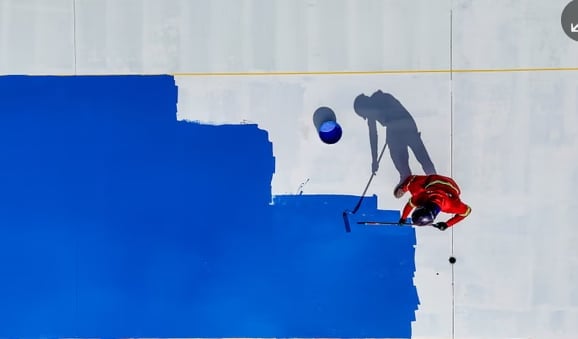October 29, 2025 | 20:38 GMT +7
October 29, 2025 | 20:38 GMT +7
Hotline: 0913.378.918
October 29, 2025 | 20:38 GMT +7
Hotline: 0913.378.918

Cop30 will take place in Belém, Brazil, amid extremely challenging times for climate action. Photograph: Rafa Neddermeyer/Cop30 Brasil Amazônia.
This year will be the 30th UN climate summit—known as the conference of the parties (Cop)—and it will be held in Brazil. Every climate summit is crucial, but Cop30 is taking place during extremely challenging times.
The US has pulled out of the Paris agreement, under which the world’s countries agreed to hold global temperature rises to “well below” 2C above preindustrial levels while “pursuing efforts” to limit heating to 1.5C.
Israel has bombed Iran, one of the global oil superpowers, while the EU, one of the champions of climate action, has been beset on multiple fronts by member states and parties that want the bloc to row back on emissions rules and environmental regulations.
So we thought it was a good time to take a look at the world’s biggest emitting countries and their plans – constructive or otherwise – to address their carbon emissions. Some are autocracies, some democracies tumbling towards rightwing populism, some are straining to hold together a consensus on climate action. We will be profiling each of the top 10 emitters, according to the Global Carbon Budget, over the coming months, in the run-up to COP30.
To kick off the series, the Guardian’s environment editor, Fiona Harvey, has interviewed some of the world’s leading thinkers about negotiating with autocracies. We have also done a deep dive on Russia, “the canary in the coalmine,” according to one source.
In future weeks, we will cover South Korea, India, the United States, Germany, Iran, Saudi Arabia, China, Japan, and Indonesia – seeking a deeper understanding of how the pieces are going to fall in this crucial year for climate action.
The Guardian

(VAN) Latest Global Forest Resources Assessment provides detailed analyses for 236 countries and areas.

(VAN) Bleak report finds greenhouse gas emissions are still rising despite ‘exponential’ growth of renewables.

(VAN) Europe’s animal welfare overhaul is on life support. Denmark’s farm minister thinks he can still revive it - one compromise at a time.

(VAN) CNPO’s board of directors has unanimously decided to end the interprofessional agreement, almost a year before the official expiry date of September 2026.

(VAN) Before moving to Thailand two years ago, I had never tried durian - the spiky fruit that has become so popular among adventurous Chinese eaters.

(VAN) Commitments and next steps to be presented at the World Urban Forum in Baku 2026.

(VAN) The Agriculture Department will reopen about 2,100 county offices all across the country Thursday despite the ongoing government shutdown to help farmers and ranchers get access to $3 billion of aid from existing programs.